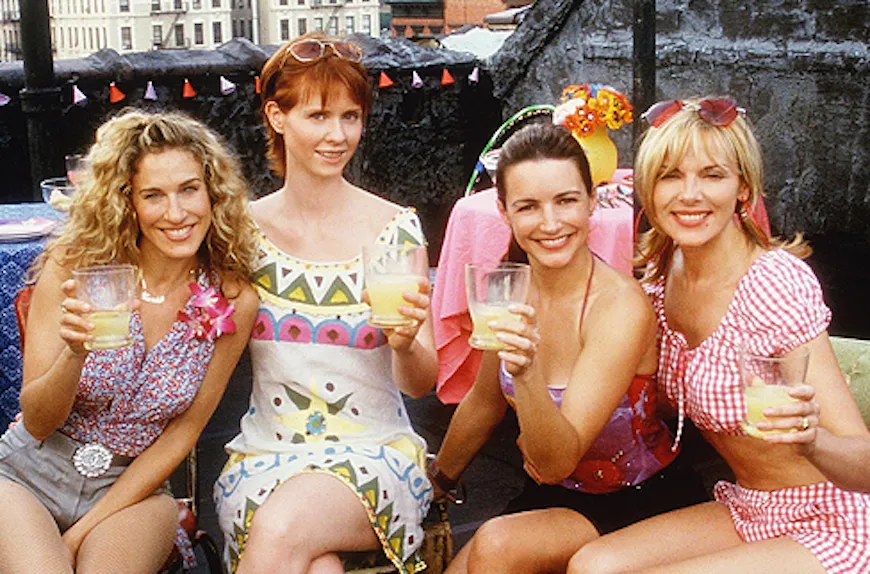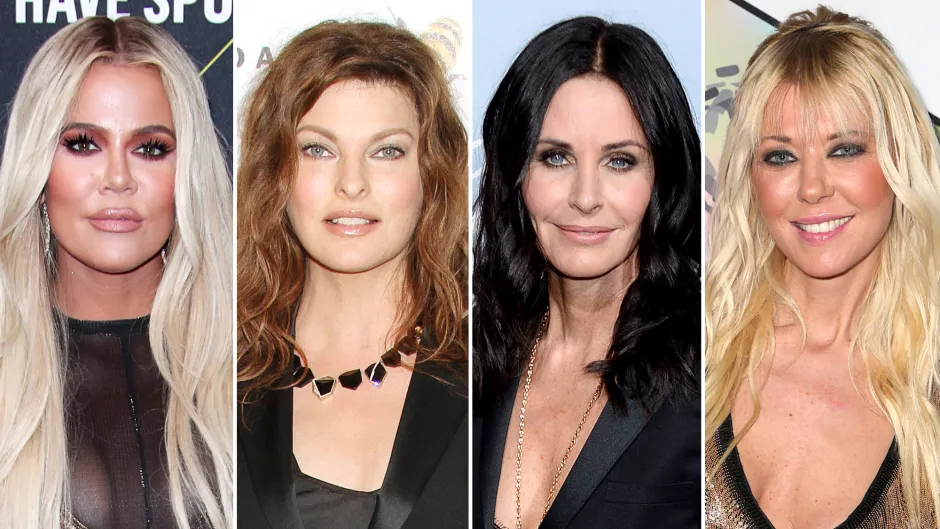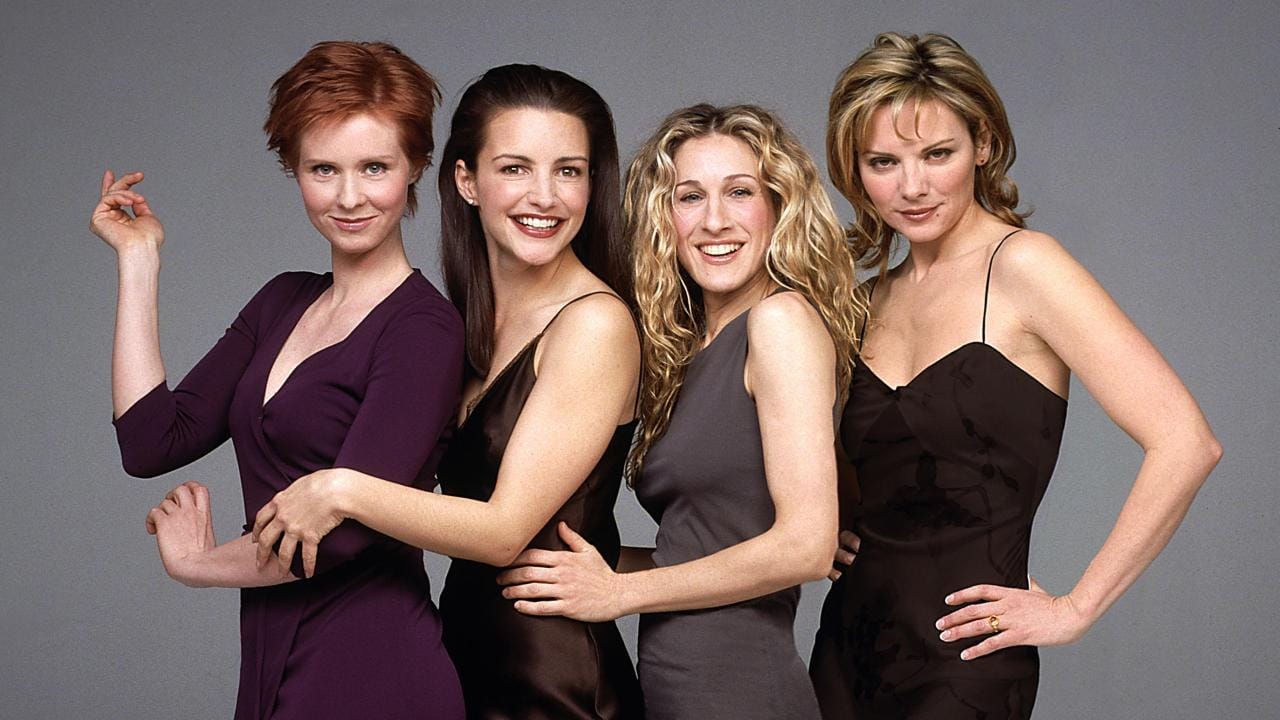Social Media's Impact on Older Women: Arrested Development?
You’re a 4 minute read away from understanding how social media impacts aging (35 plus) women. Social Media and female arrested development.

You’re a 4 minute read away from understanding how social media impacts aging (35 plus) women.
In today’s hyper-connected world, where everyone seems to live their lives online, the rise of social media has undeniably had a major impact on how we interact, view ourselves, and present our identities. While much of the focus on social media’s effects tends to be centered around younger generations, it’s worth asking why older women, too, have fallen prey to its grip — leading to a phenomenon some might describe as arrested mental development.
Social Media and the Pressure to Stay Young
Scroll through Instagram, TikTok, or Facebook, and it’s impossible not to notice how older women are increasingly adopting trends that were once reserved for younger crowds. From dressing provocatively to engaging in the latest dance challenges, social media has created a space where age seems irrelevant — until it’s not.

While many may applaud the notion that age is “just a number,” there’s a growing conversation about whether the pressure to remain youthful online is leading to a form of arrested development in older women. Is the desire to stay relevant, attractive, and visible on platforms designed to celebrate youthfulness actually hindering emotional or personal growth? Many think, yes.
Dressing for Attention: A Shift in Fashion
Fashion has always been a tool for self-expression, but social media has amplified its significance. Older women now seem to compete with younger women for attention online, often adopting more provocative styles. Crop tops, body-hugging dresses, and outfits that reveal a lot of skin have become a standard fare, regardless of age.

Is this a sign of empowerment, or is it a reflection of the growing need to seek validation from others? Many argue that social media rewards visibility — especially when tied to beauty and youth — leaving older women feeling pressured to dress in ways that don’t align with their age. It’s not that women shouldn’t express themselves freely (to an extent), but does constantly competing with younger generations undermine personal authenticity?
Further, isn’t it bizarre for older women with teenage kids to be vying for attention online when they have motherly responsibilities? It’s likely a source of frustration for their kids, as well. The pressure to maintain a youthful image and stay relevant through social media might be pulling focus from the family, creating a disconnect in the home. Those of sound mind contend that prioritizing real-life connections should take precedence over chasing virtual approval.
Cosmetic Surgery: The Endless Pursuit of Perfection
Another clear marker of this social media-fueled race for eternal youth is the dramatic rise in cosmetic surgeries, particularly among older women. Whether it’s Botox, facelifts, or more invasive procedures, the demand for youthful appearances has never been higher. According to the American Society of Plastic Surgeons, cosmetic procedures among women over 40 have increased significantly in recent years. This isn’t just about smoothing out a wrinkle or two — we’re talking full gut rehabs and complete overhauls in the pursuit of staving off aging.

But why? Social media platforms like Instagram and TikTok celebrate smooth, unblemished skin and perfectly proportioned bodies. The pressures older women feel to remain relevant, combined with the ability to compare themselves to younger women at the touch of a button, have created a perfect storm of insecurity. As a result, many women are going under the knife, striving for a standard of beauty that’s impossible to attain naturally as they age.
The Language of Youth: Adopting Younger Generations’ Slang
Another interesting byproduct of social media’s influence is how older women are beginning to adopt the language of younger generations. Terms like “lit,” “slay,” and “YOLO” are no longer just the domain of teenagers or those in their twenties. Instead, we see women well into their 40s and beyond using this slang in an effort to appear youthful, trendy, and in touch with pop culture. Who’s going to tell them it’s corny at best and a crass spectacle at worst?
While it’s certainly fine for anyone to use the language they feel most comfortable with, does it raise concerns when the desire to use this slang stems from an unwillingness to embrace one’s own age? Does this drive to speak the language of youth further reflect an underlying anxiety about growing older in a world that seems to worship youthfulness?
The worst part is when older women misuse slang in an obvious attempt to cling to youthful trends, making their efforts seem awkward and out of place. It’s as if they’re trying too hard to stay relevant, when in reality, they’re highlighting the very age gap they’re trying to bridge. Instead of embracing their own stage of life, they end up showcasing a reluctance to let go of the past, which is more cringe than cool.
Arrested Development or Self-Expression?
So, is this behavior an example of arrested development? Or is it simply a new way of expressing oneself in an age where boundaries between youth and maturity have blurred?

Many older women on social media argue that this shift is empowering — that they are free to dress how they want, speak how they like, and look however they choose, regardless of societal expectations. But critics counter that these behaviors represent an over-reliance on external validation from a culture that prizes youth above all else. The danger, they argue, is that this could lead to a form of arrested emotional or psychological growth, as older women cling to an idealized version of youth rather than embracing the wisdom and experience that comes with age.
The Role of Self-Guilt and Insecurity
There’s no denying that social media often plays on people’s insecurities. For older women, it can amplify feelings of inadequacy or irrelevance, leading to an obsession with maintaining a youthful appearance. This, in turn, can create a cycle of self-guilt, where women feel they’re failing if they can’t measure up to the airbrushed images they see online.
But at what point does this guilt become counterproductive? Shouldn’t there be more celebration of the beauty and strength that comes with age, rather than a constant push to defy it?
The Future of Social Media and Older Women
As social media continues to evolve, so too will its impact on people’s lives. The question remains whether older women will continue to feel the pressure to compete with younger generations for attention and validation, or if there will be a cultural shift that encourages them to embrace their age and the unique beauty that comes with it.
Perhaps the solution lies in creating more diverse representations of aging on social media — celebrating women who proudly display their wrinkles, wear clothes that make them feel good rather than trendy, and speak with confidence in their own voice, rather than mimicking the language of youth.
Conclusion: A Complex Conversation
In the end, the influence of social media on older women is a complex issue. While it offers a platform for expression, connection, and visibility, it also brings with it a host of pressures that can contribute to feelings of inadequacy and insecurity. Whether this leads to a form of arrested development or simply a reimagining of what it means to grow older in the digital age remains to be seen.
What is clear, however, is that as long as social media continues to shape our lives, it will be essential for women — of all ages — to critically examine the ways in which it influences their self-image and personal growth.
Do you know anyone suffering from arrested mental development resulting from them being on social media? Is this a healthy trend or a slippery slope leading to destruction?





